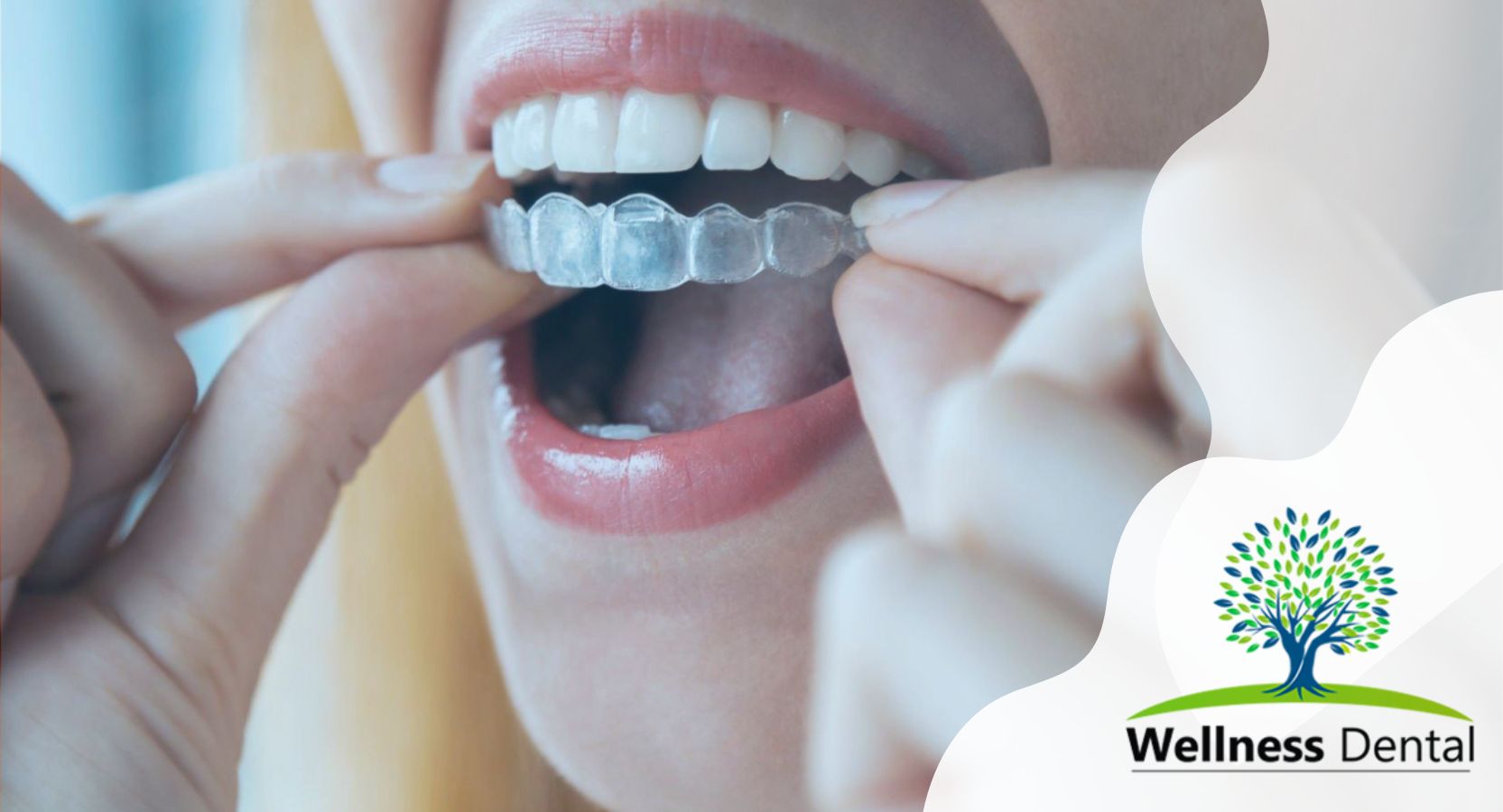It’s not uncommon for people to seek out information about dental implants. But what if you have bad gums? Is it still possible to get dental implants? The answer is yes, it is possible to get dental implants even if you have some gum issues or periodontal disease.
It’s important to seek guidance from your dentist to ensure you make the best decision for your dental health. In this article, we’ll give you the facts and advice on getting implants with bad gums from some of the top dental health experts in the US.
Understanding Implants
Dental implants are titanium posts or screws that act as artificial roots that are surgically placed in your jawbone beneath your gum line. They hold prosthetic teeth in place after they have been embedded in your gum line. To be a candidate for dental implants, your jawbone must be strong enough to support them. This means that you must have good oral hygiene and healthy gums to ensure that your implants stay in place.
Gum Health

Gum health is essential to having successful dental implants. Periodontal disease or gum disease is an infection of the gums that can be caused by plaque or tartar buildup on your smile. When plaque is not properly removed, it is converted into tartar.
Tartar adheres to your teeth, creating pockets of bacteria that cause infection and can lead to gingivitis and periodontitis. If plaque and tartar remain on your teeth, it can attack your gum tissue and the ligaments that support them. The bacteria can also spread to your jawbone, causing further damage and weakening your jawbone. If your jawbone isn’t strong enough, it won’t be able to hold your implant in place.
The Implant Procedure

The implant procedure is done by a dentist or oral surgeon. After assessing the status of your gums and jawbone, they will decide if you are healthy enough to get an implant. In some cases, if the gum tissue or jawbone is weakened, you may need to have a gum graft or bone graft to strengthen the area.
A gum graft is a procedure that takes donor tissue, like skin or tissue, and transplants it onto the gum tissue to help it regenerate. For bone grafts, a piece of bone is taken from another part of the body and transplanted onto the jawbone to strengthen it and create a better base for the implant.
Risks of Implants
Getting an implant is a surgical procedure, and as such, there is some risk involved. Infection and nerve damage are two of the primary risks. Infection can be caused by bacteria and can be avoided by maintaining good oral hygiene and following your dentist’s instructions. Nerve damage can occur if the implant or anesthetic is injected too close to a nerve.
Prevention and Care
It’s important to do whatever you can to prevent gum disease in order to ensure successful implants. Good oral care involves brushing your teeth twice a day, flossing daily, and using an antibacterial mouthwash.
It’s also important to see your dentist and hygienist regularly to have your teeth professionally cleaned. During your visit, your dentist will examine your gums and check for signs of gum disease. They can also provide advice on how to keep your gums healthy and prevent any future problems from developing.
Costs and Insurance
Dental implants can be expensive, depending on the type and number of implants you need. Traditional implants may cost anywhere from $1,500 to $3,000 per implant, while mini implants may cost between $1,000 and $2,000. It’s important to keep in mind that not all insurance policies cover implants. Some policies may cover part of the cost, so be sure to check with your insurance provider to see what’s covered.
FAQ
Q: Can I get implants with bad gums?
Yes, it is possible to get implants with bad gums, although it may require additional treatment to the gums or jawbone. It’s best to seek guidance from your dentist to decide if dental implants are right for you.
Q: How much does a dental implant cost?
The cost of a dental implant can vary depending on the type and number of implants needed. Traditional implants may cost anywhere from $1,500 to $3,000 per implant, while mini implants may cost between $1,000 and $2,000.
Q: Is dental implant surgery painful?
Dental implant surgery is usually done under local anesthetic, so you may experience some minor pain or discomfort after the procedure. Most patients report feeling only mild pain or discomfort after the surgery, and it is typically manageable with over-the-counter medications.
Q: Who is not suitable for dental implants?
People who have poor oral hygiene, inadequate jawbone density, or certain medical conditions such as uncontrolled diabetes, autoimmune disorders, and radiation therapy may not be suitable candidates for dental implants. It is important to consult with a dental professional to determine if dental implants are the best option for your specific dental needs and health status.
Q: Do your gums have to heal before implants?
Yes, it is important for your gums to heal before getting dental implants. This is because the implant needs to be able to fuse with the jawbone, and this process requires a strong and healthy foundation. If your gums are not healed, it can increase the risk of complications and implant failure. Typically, your dentist or oral surgeon will recommend waiting several weeks to a few months after gum surgery before proceeding with implant placement.
Q: Can your gums reject implants?
Yes, it is possible for gums to reject dental implants. This can happen due to a number of reasons, such as poor oral hygiene, infection, allergies, or improper implant placement. It is important to maintain good oral hygiene and to follow your dentist’s instructions to reduce the risk of implant rejection.
Q: Can you get dental implants with gum disease and bone loss?
It depends on the severity of the gum disease and bone loss. If the gum disease and bone loss are minor, then dental implants may still be possible. However, if the gum disease and bone loss are severe, it may not be recommended until the gum disease and bone loss are treated and stabilized. It is best to consult with a dentist or periodontist to determine if dental implants are a suitable option.
Conclusion
Dental implants can be an effective way to fill gaps in your smile, but it’s important to keep your gum health in mind. If you have periodontal disease or weakened gums, it is possible to get dental implants, but it may require additional treatments or procedures. It’s best to speak with your dentist to decide if dental implants are the right choice for you.
At the end of the day, remember that the best way to maintain healthy gums is to practice good oral hygiene. Although dental implants are an effective way to fill gaps in your smile, taking proper care of your gums will help to ensure they stay healthy and reduce your risk of developing other dental issues.







Informative and helpful. It provided valuable insights into the possibility of getting dental implants with gum issues.